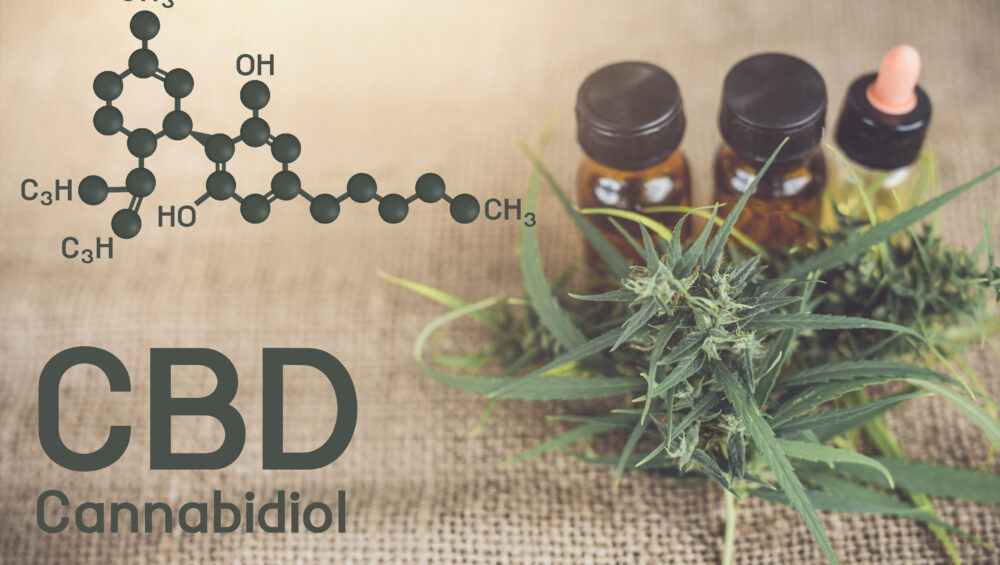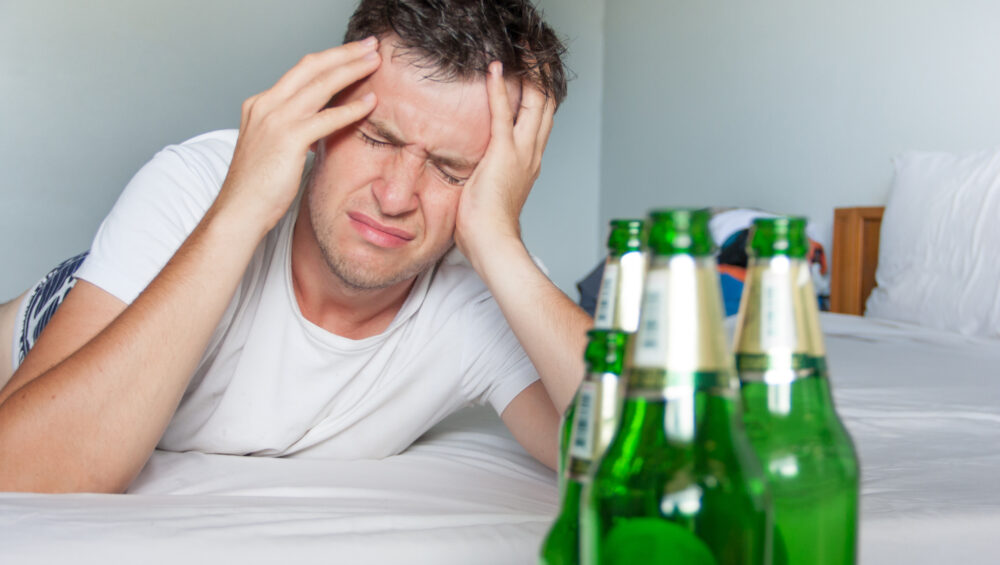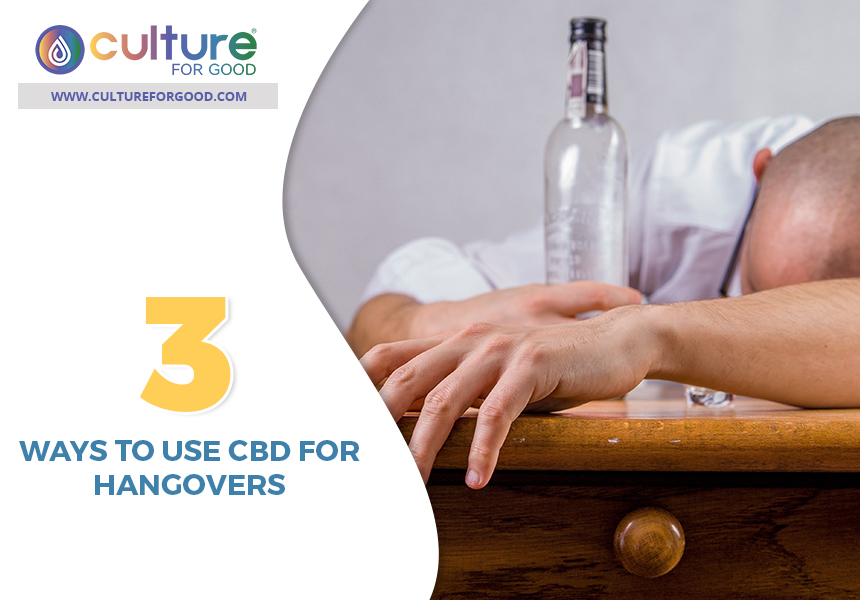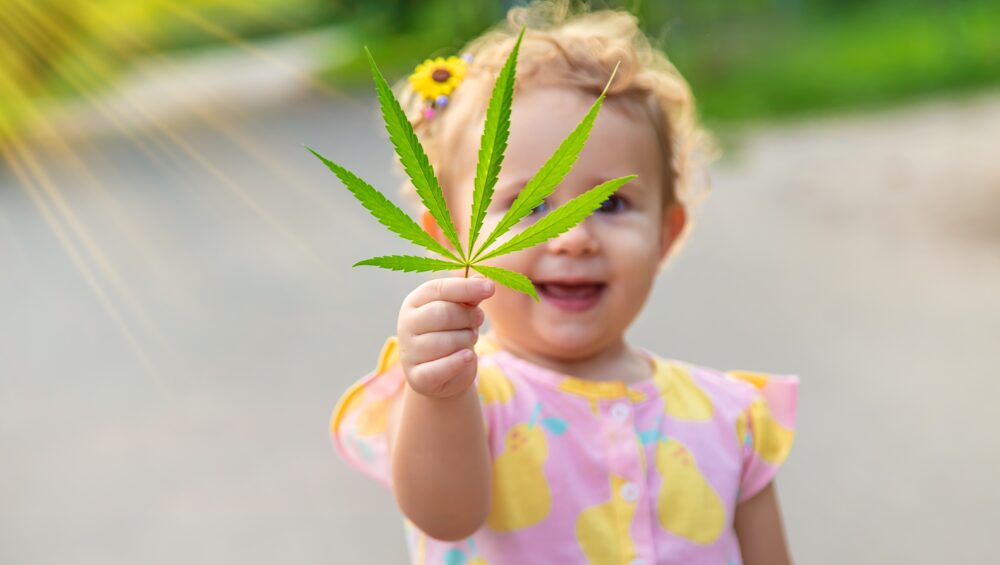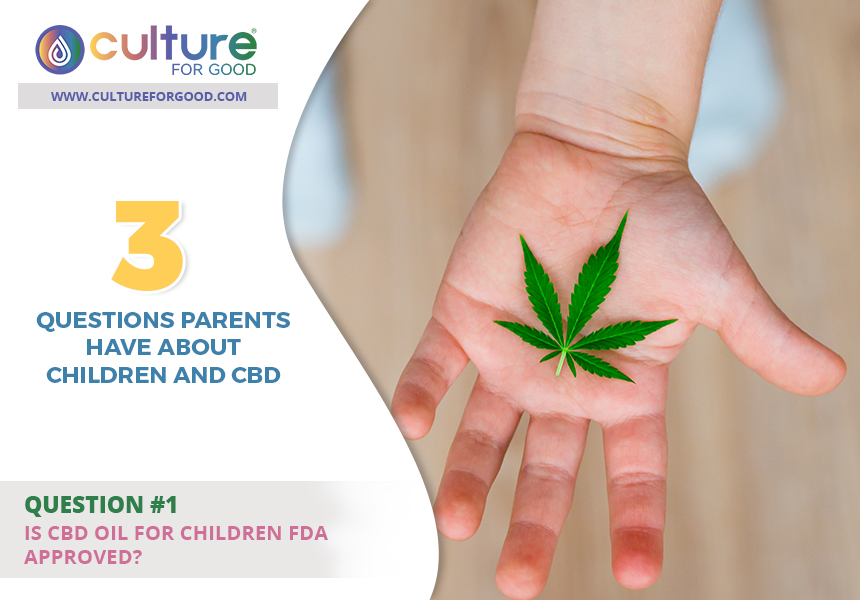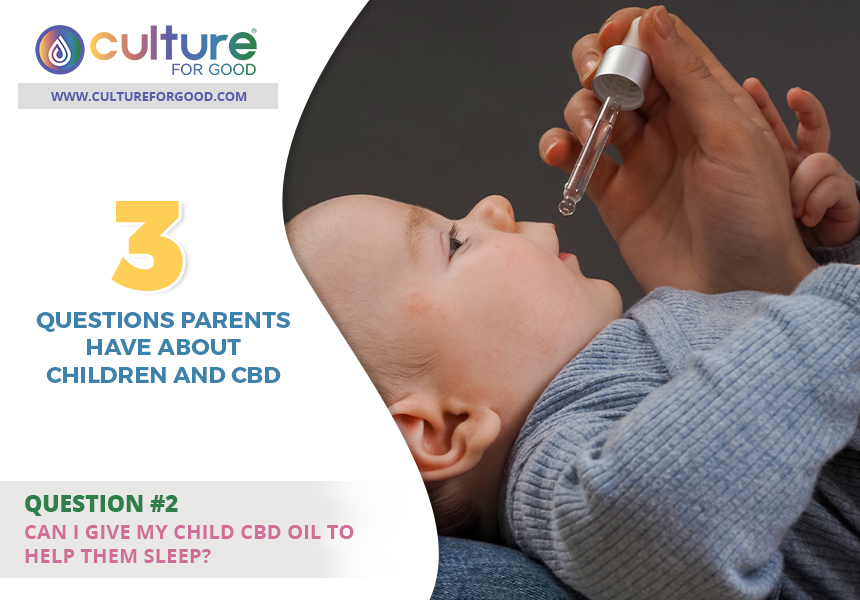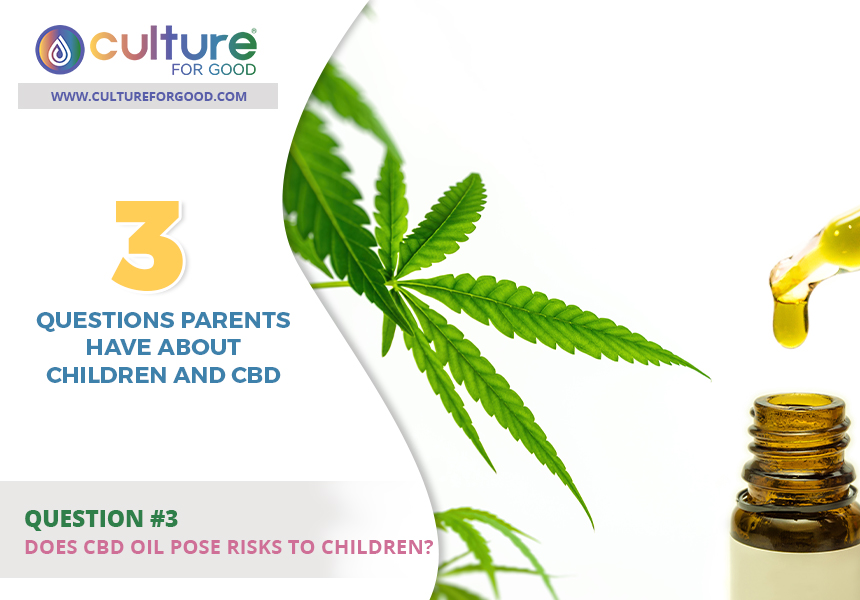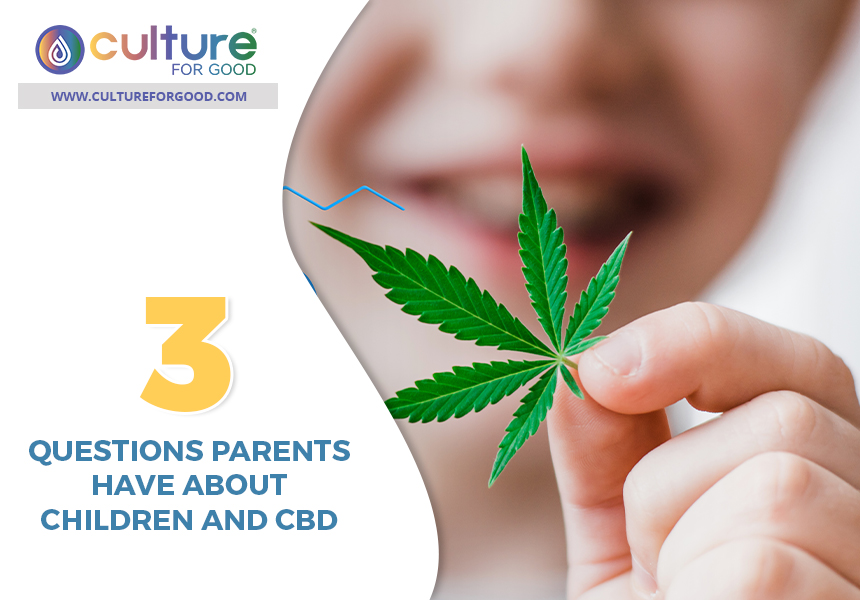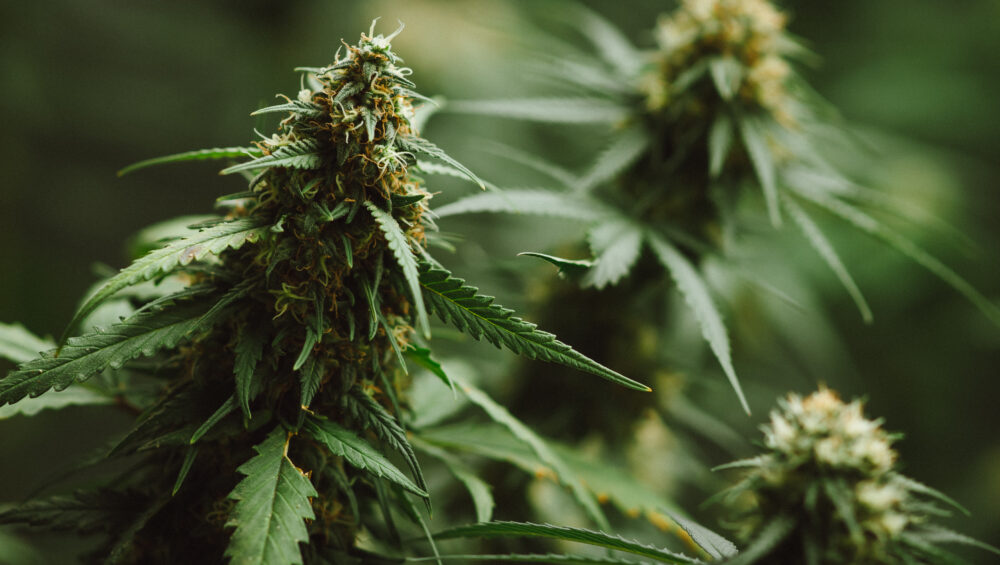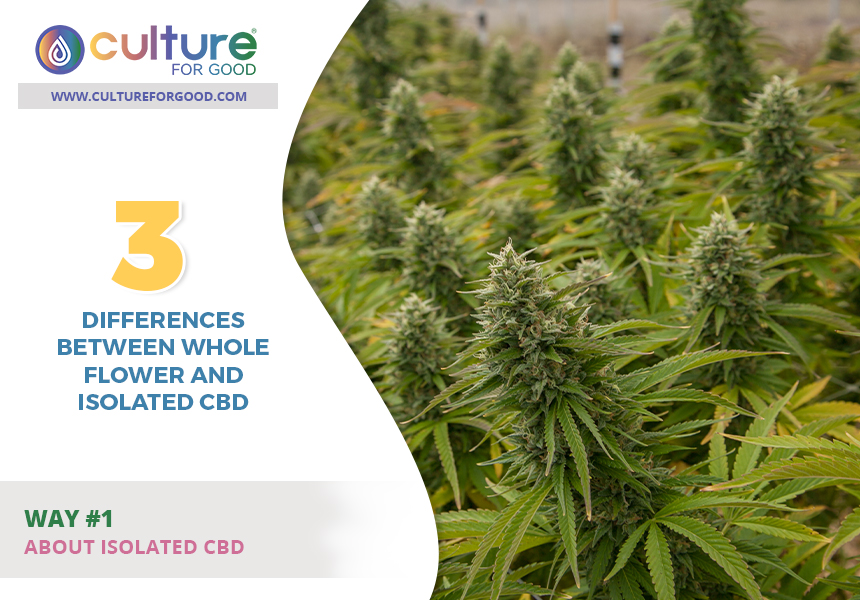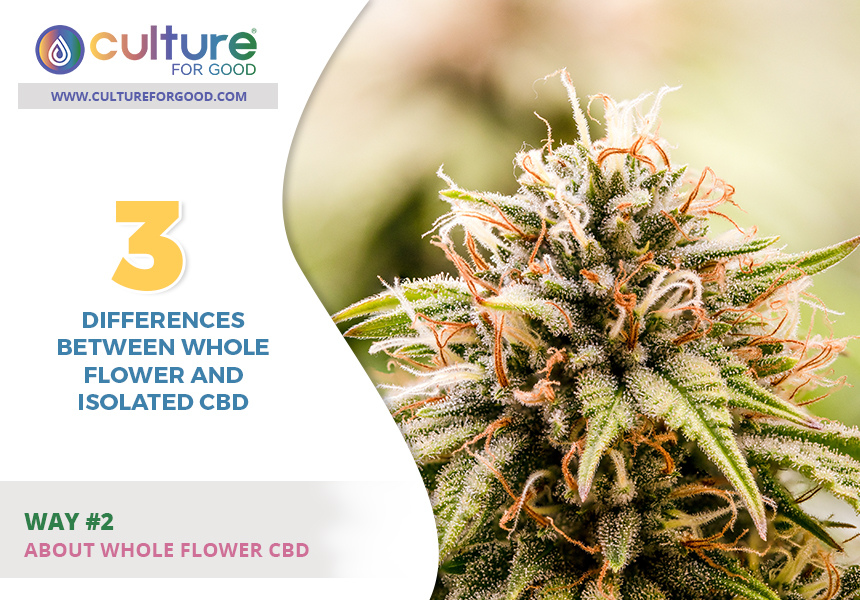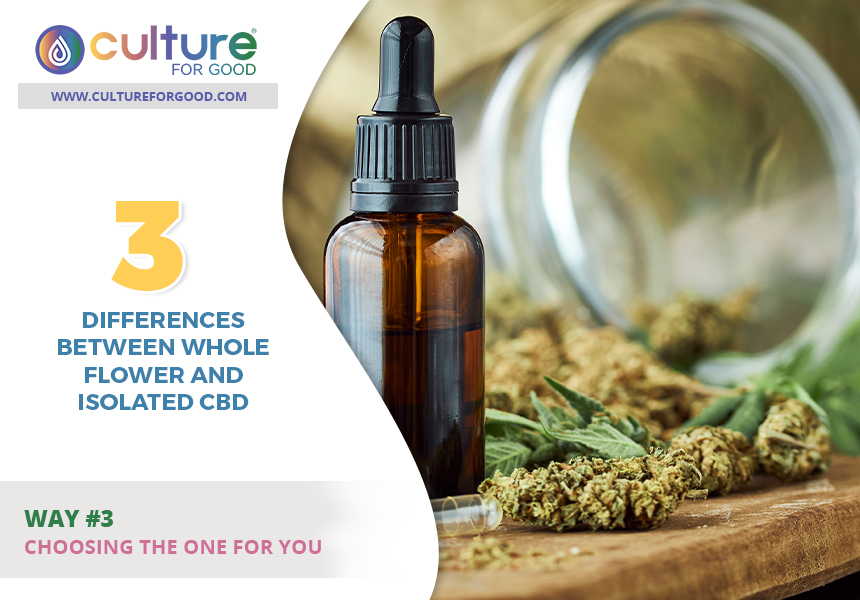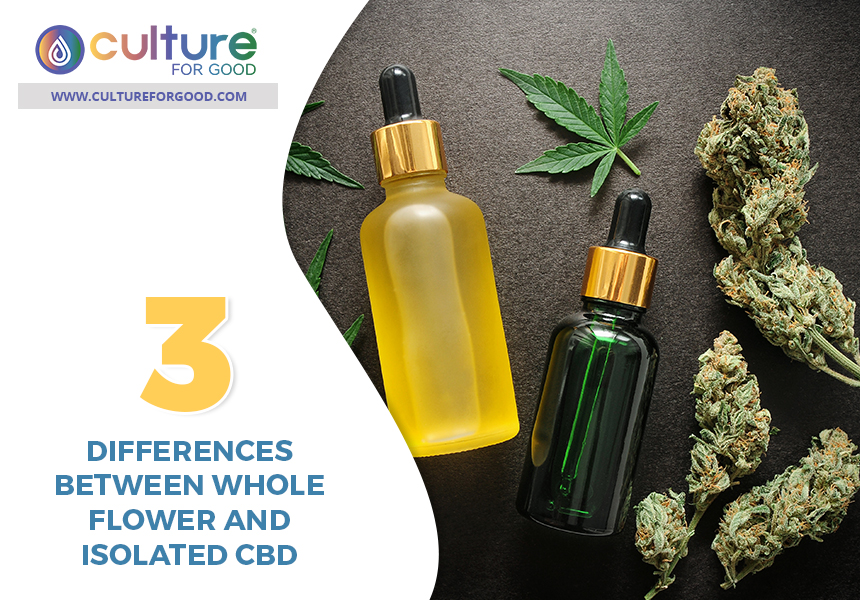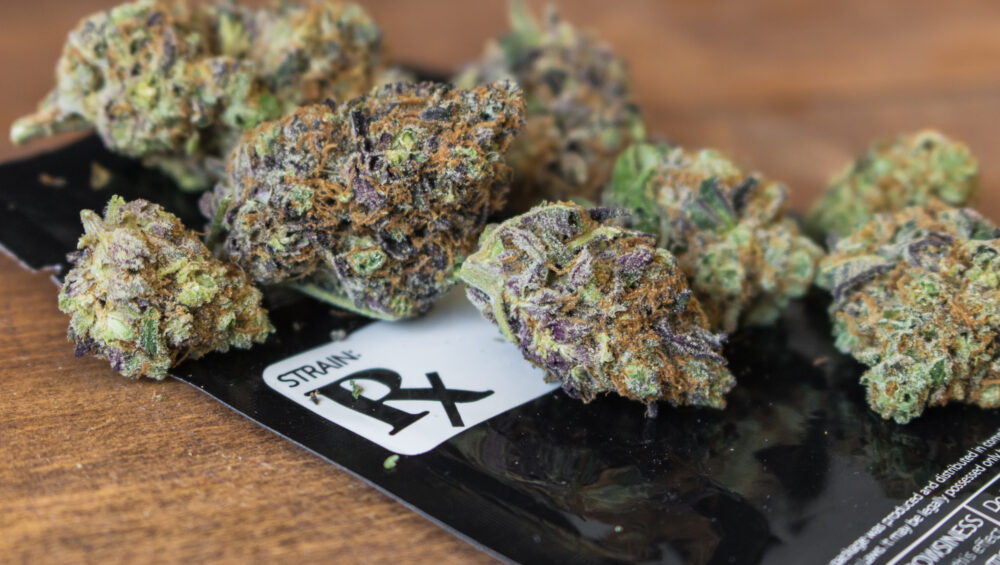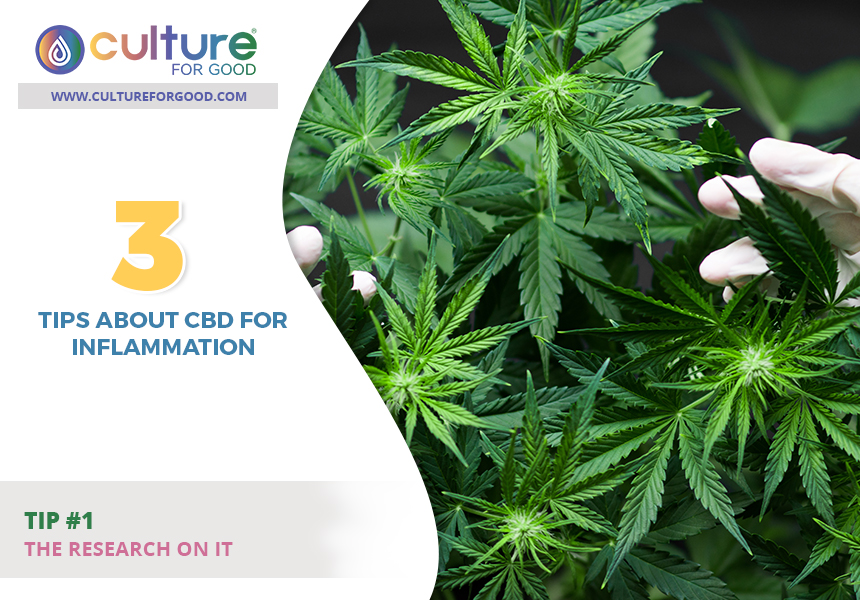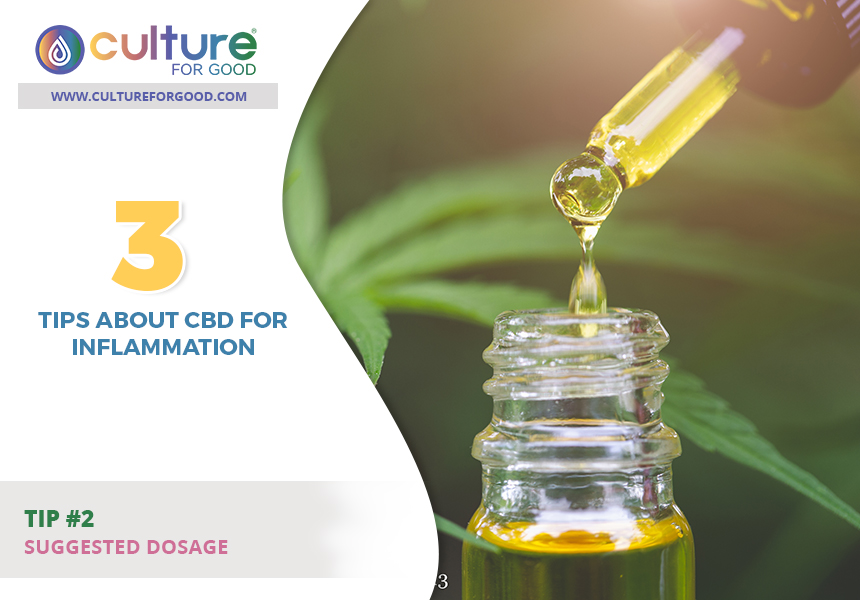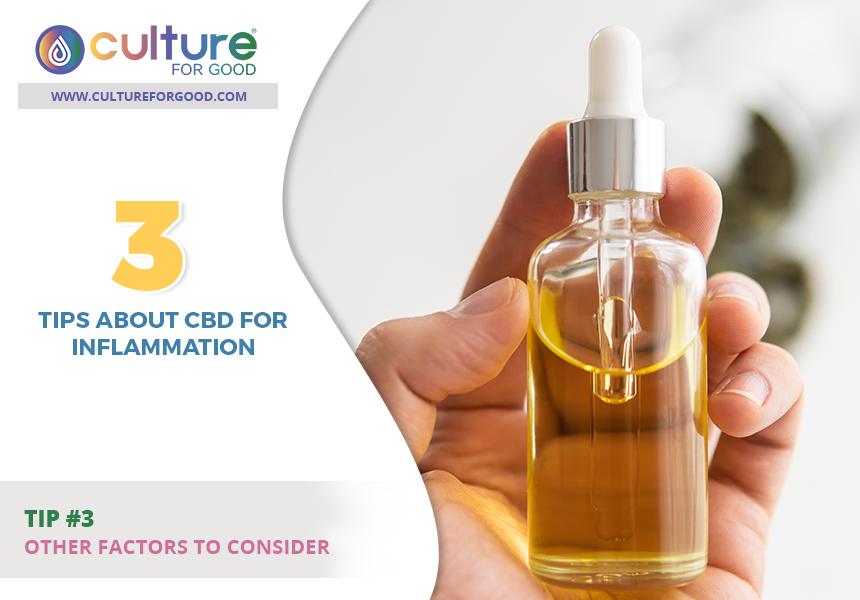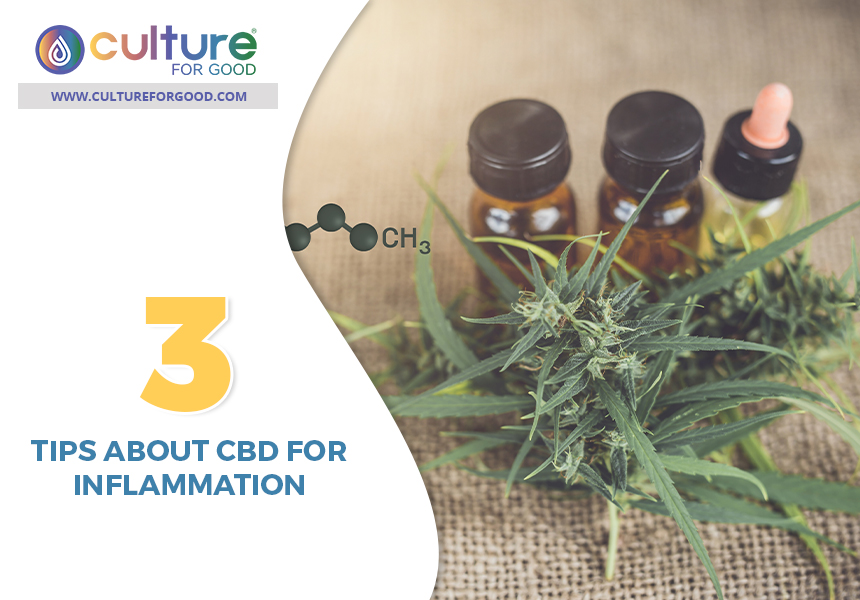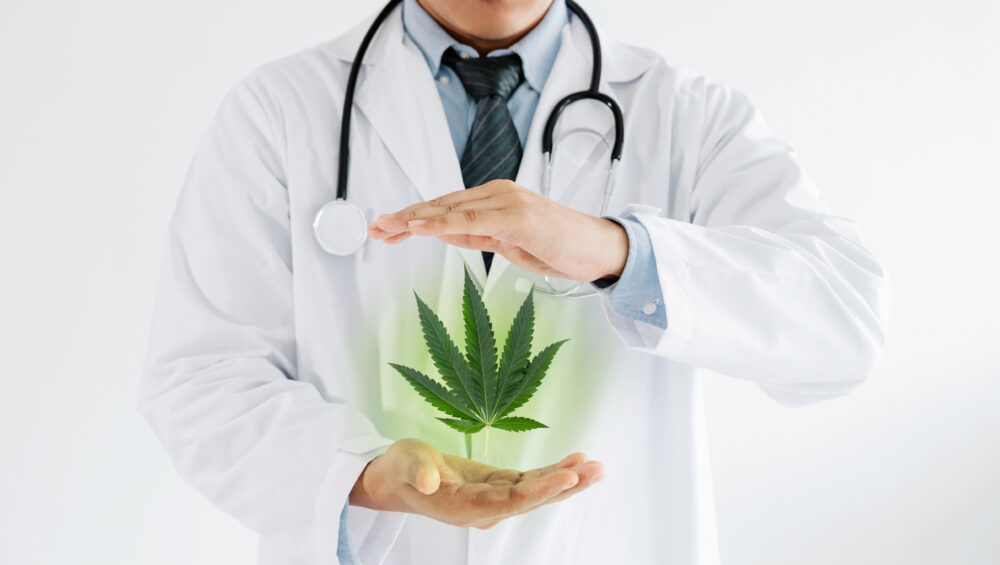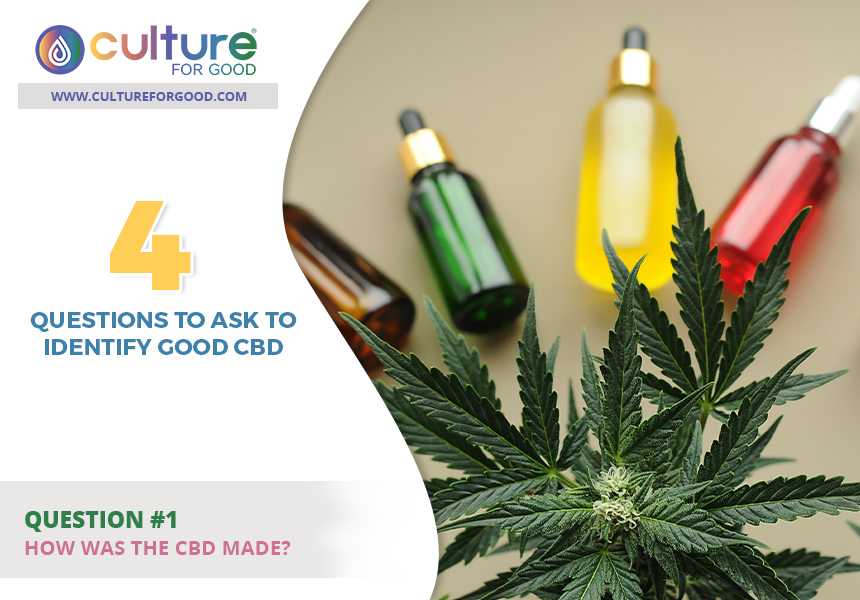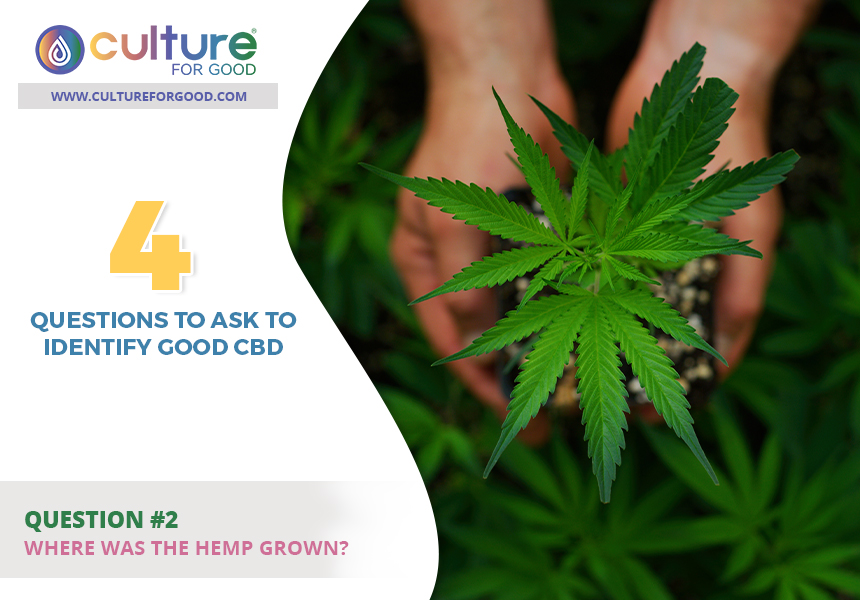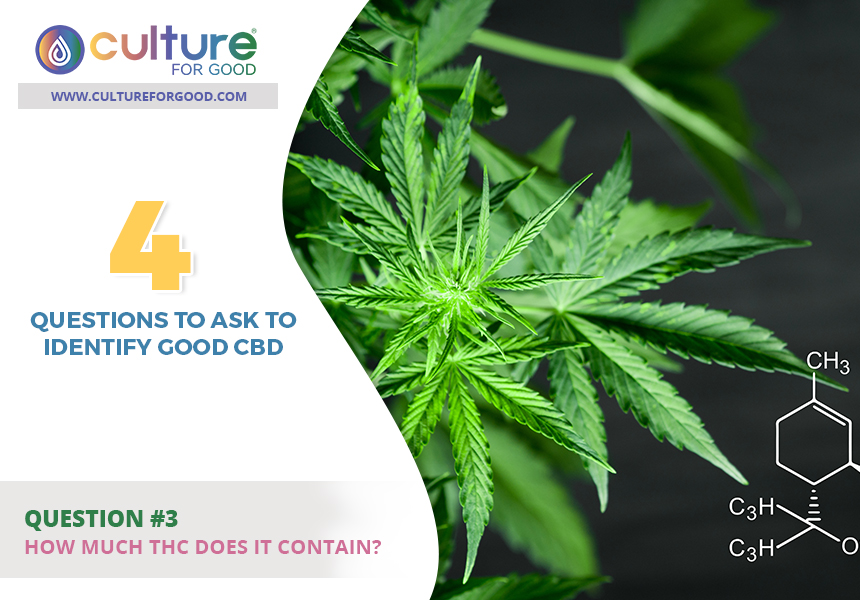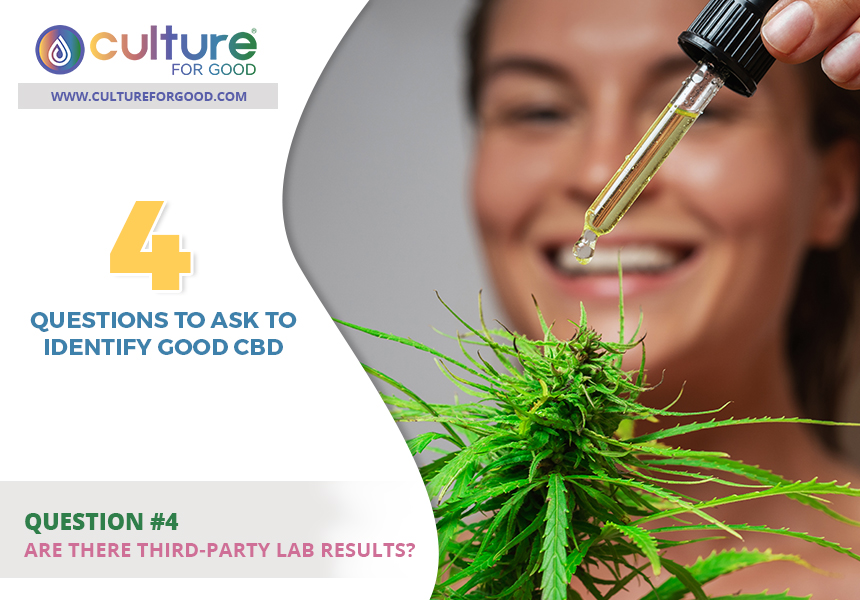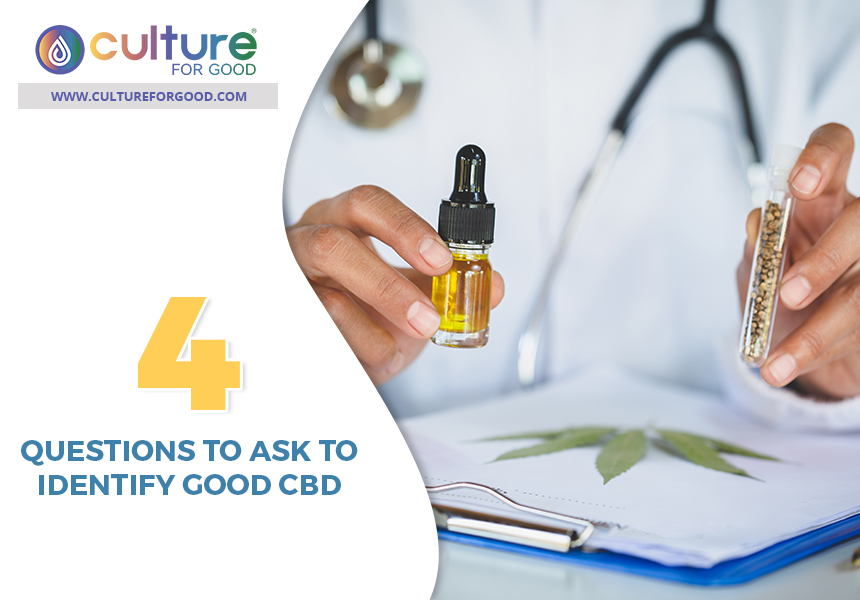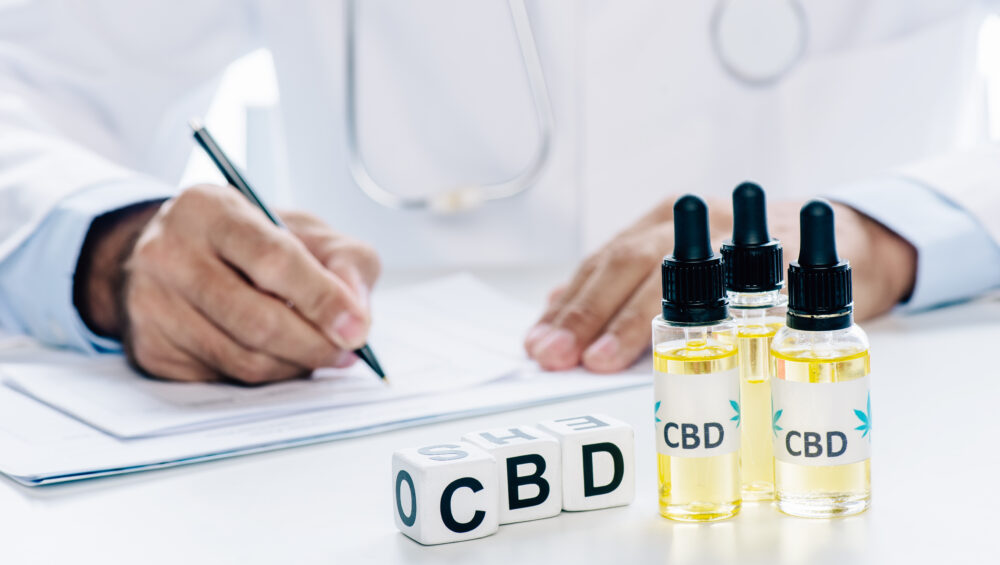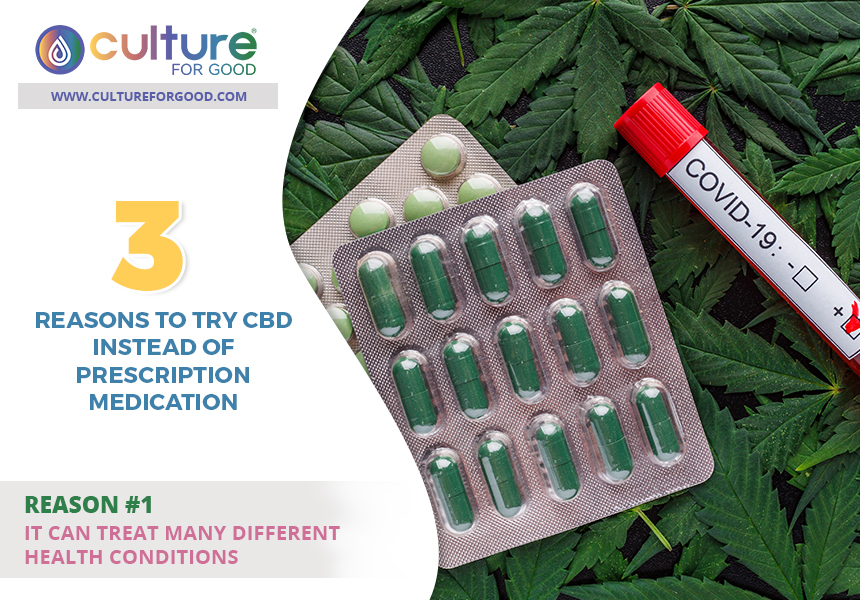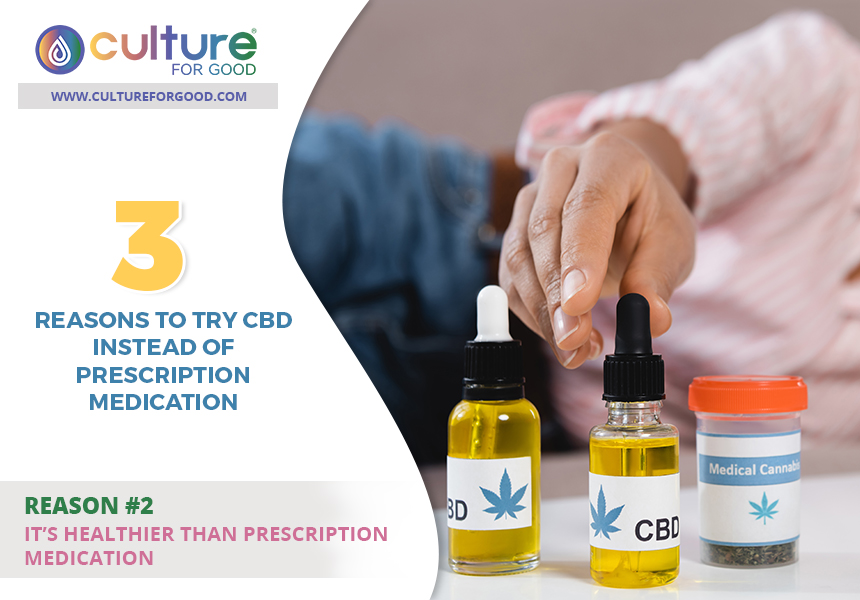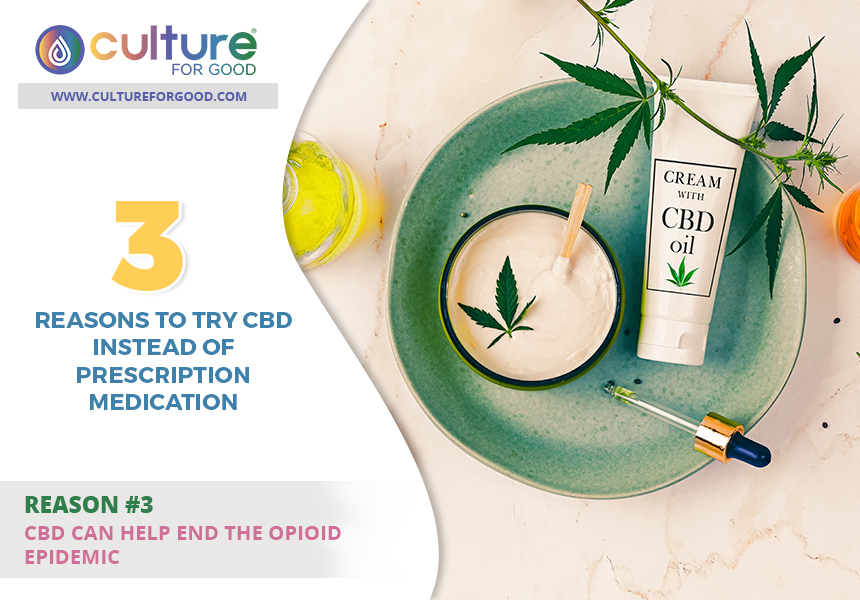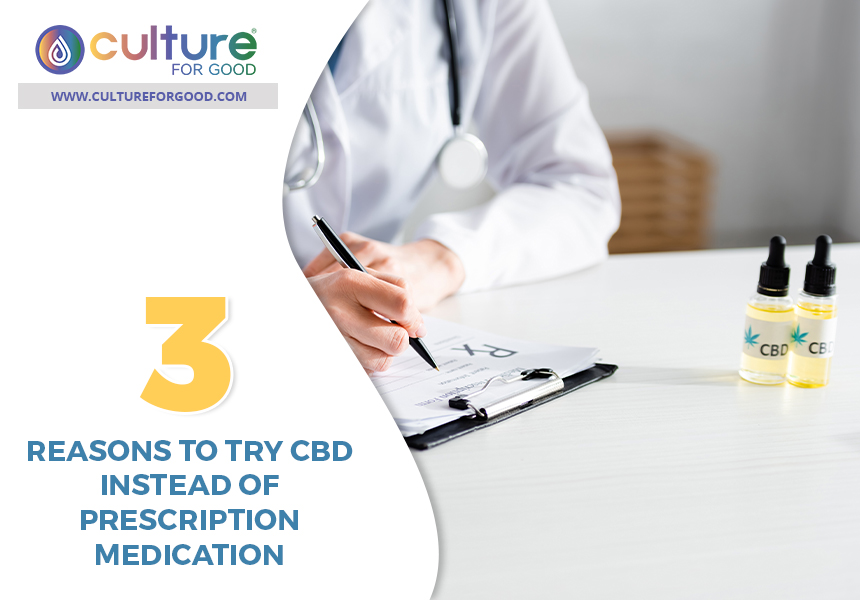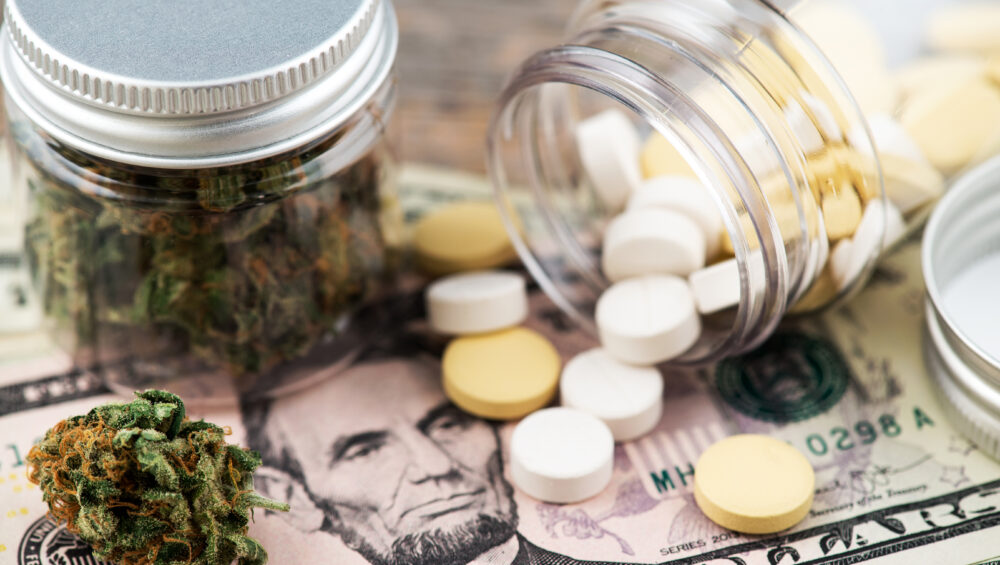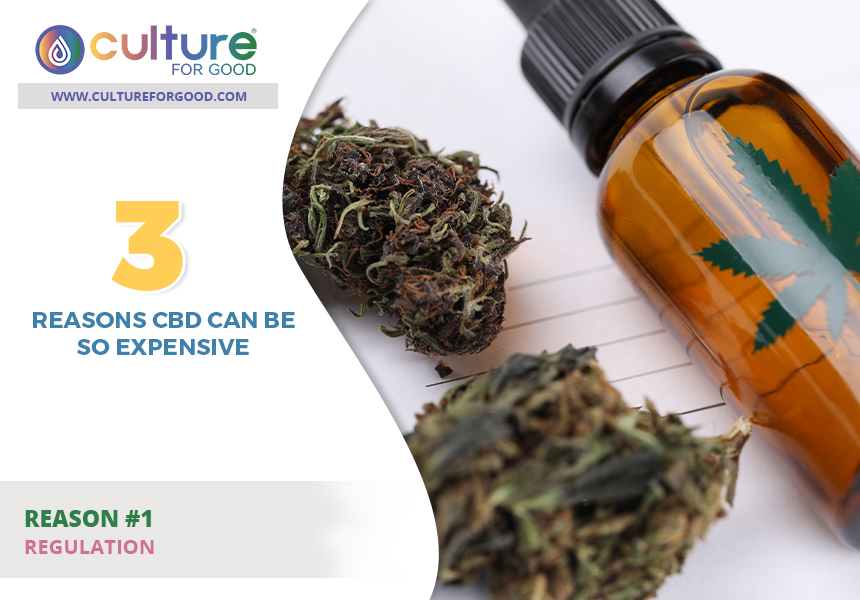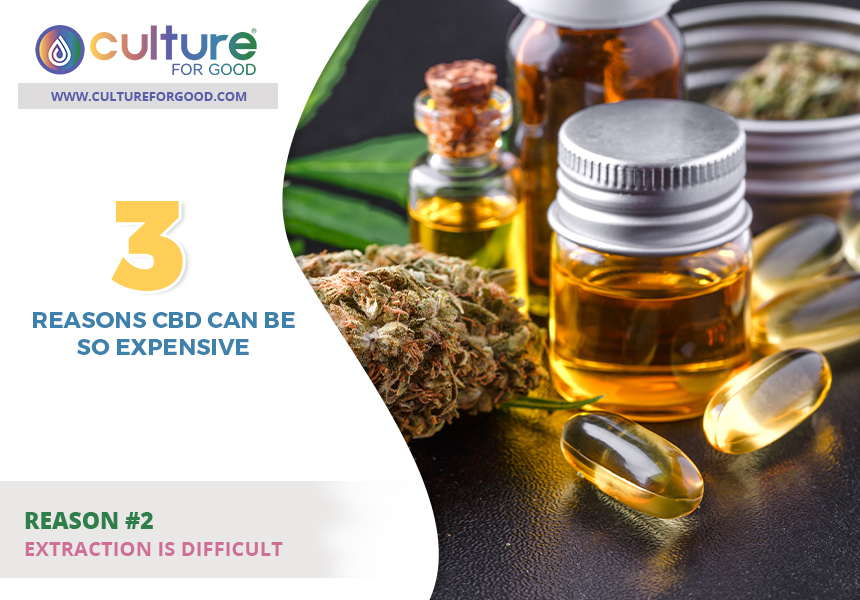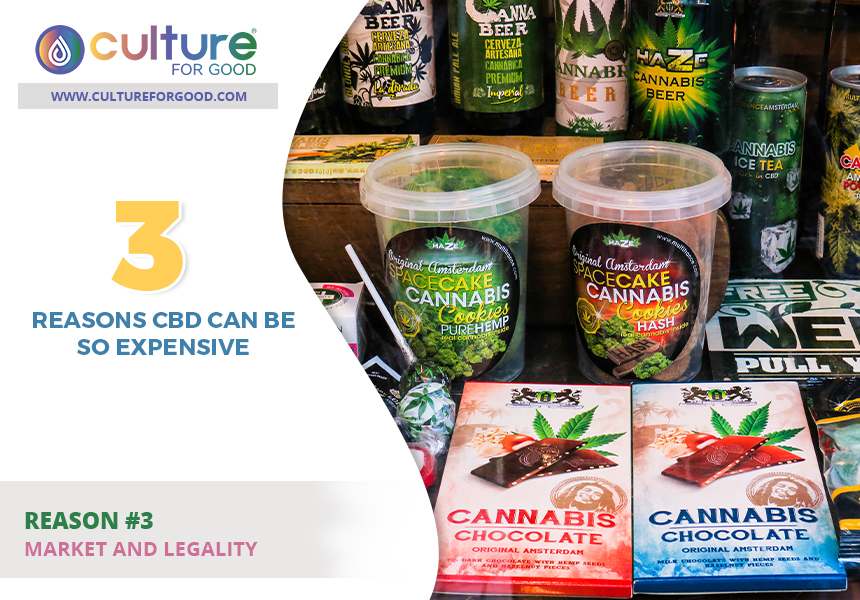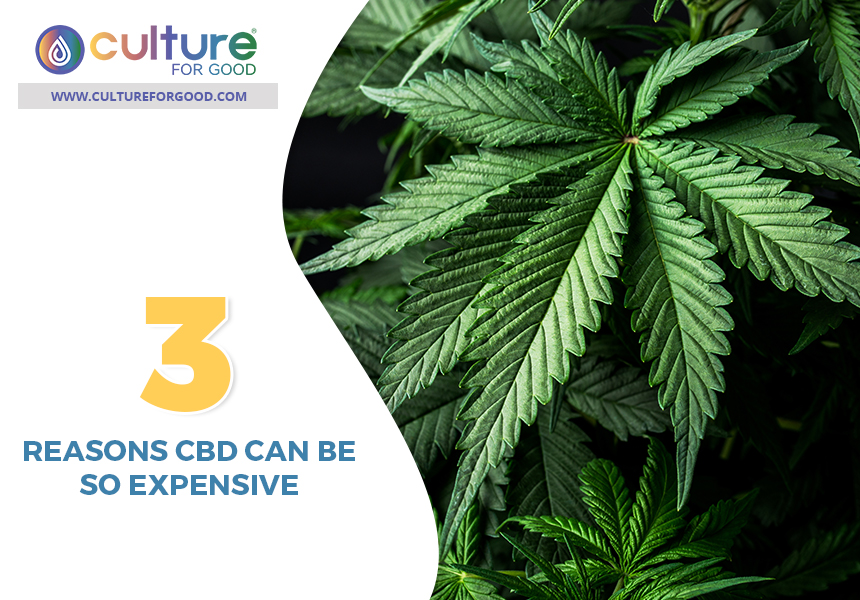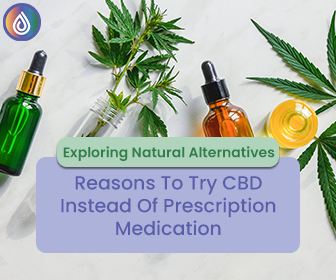3 Things You Need To Know About Cannabis Testing
A cannabis lab test is required when it comes to legal THC and CBD. Any legitimate company on the market must run their products through a state-accredited lab. This facility will then test the cannabis on a variety of things, including¹:
- CBD and THC potency levels
- Presence of mycotoxins (i.e. mold)
- Residual pesticides
- Terpene content (not required)
- Undesired contaminants
Throughout this article, we’re going to take a deeper look at cannabis testing and its importance to the hemp/CBD industry.
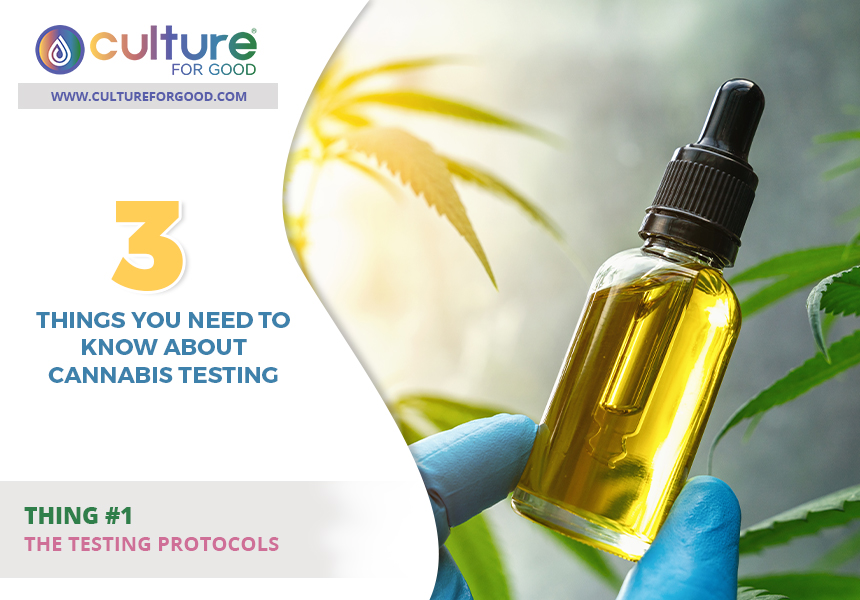
1The Testing Protocols
The main responsibility of cannabis testing is something known as compliance data. For cannabis to be distributed and sold, it must be approved through a series of testing protocols². These protocols are similar to those found in the food and medicine industry.
However, differently from the food and medicine industry, is there’s no federal standard when it comes to testing cannabis products. Instead, each test is responsible for meeting the state’s standards. The laboratories tend to be third-party and, in effect, have their own testing protocols to reach the state’s standards.
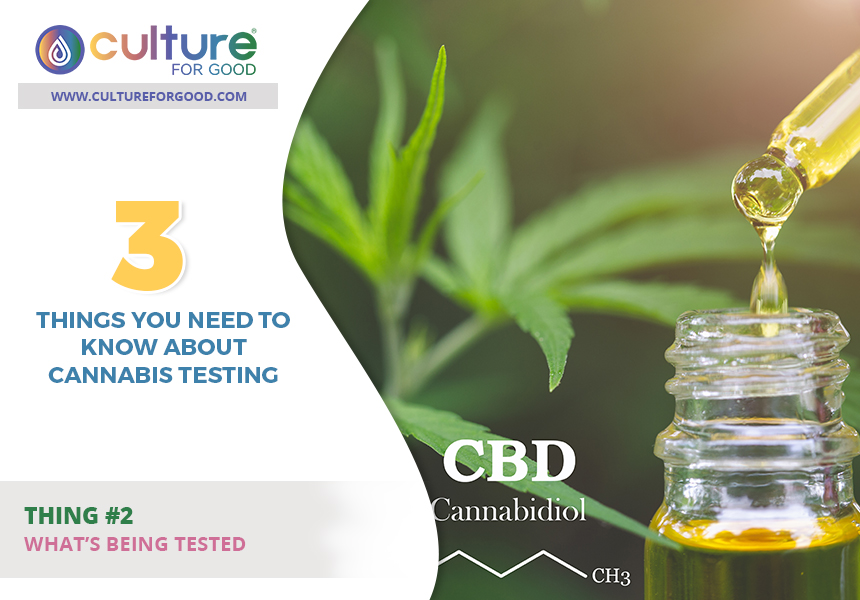
2What’s Being Tested
There are a number of different aspects of cannabis tested. Since there’s no federal standard, some states require more testing than others. But there are some tests that are commonplace no matter where you go, including:
- CBD and THC Potency Levels: the purpose of this test is to inform the consumer how much of a cannabinoid they’re getting. When you purchase CBD, there should be a measurement of how much cannabidiol is in there. Furthermore, under federal law, no cannabidiol product is allowed to have more than 0.3% THC.
- Presence of Mycotoxins: these tiny contaminants include fungi, mold, and mildew and can be dangerous to the consumer if they’re in the cannabis. The risk stems from poor hygienic cultivation or through packaging and handling.
- Residual Pesticides: each state has its own list of pesticides (various chemicals such as artificial growth hormones) that aren’t allowed to be used on cannabis products as they can be dangerous for the consumer. However, it’s important to note, for cannabinoids that are extracted and/or concentrated, certain residual solvents are used, such as butane or ethanol. Each state has limits on how much of this can be used.
- Terpene Content (Not Required): laboratories will undergo a terpene profiling on the cannabis when they’d like to get more insight on the strains they’re harvesting. This is not required.
- Undesired Contaminants: besides the minuscule contaminants mentioned above, there are a number of larger ones that can be seen with the eye, such as dirt or hair. Sometimes, heavy metals will also be found in cannabis if planted on polluted soil. In fact, hemp is proven to be a powerful tool in removing metals from the earth³.
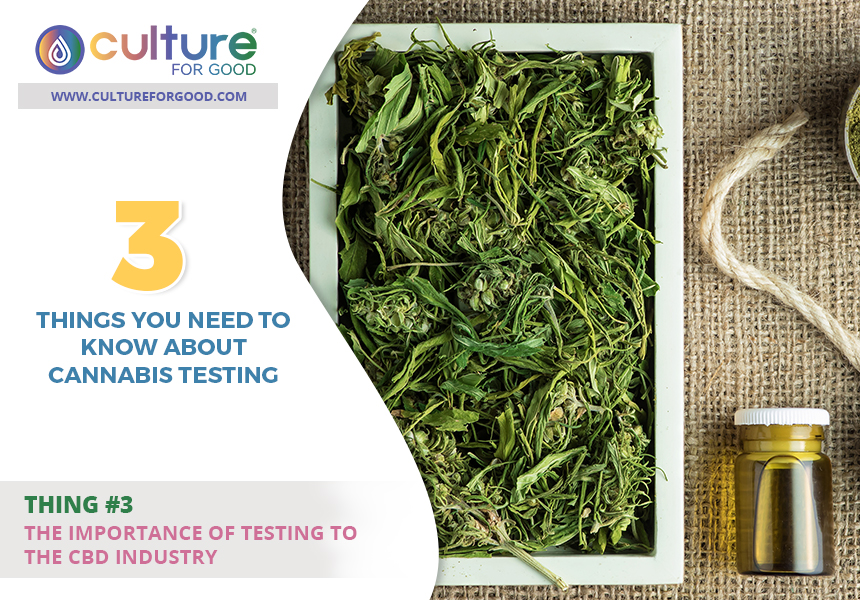
3The Importance of Testing to the CBD Industry
Since the cannabis industry is still in its early stages, there are many out there trying to illegitimately get into this market. Companies that don’t follow protocol or legal standards and are trying to make a quick buck on a population that remains misinformed.
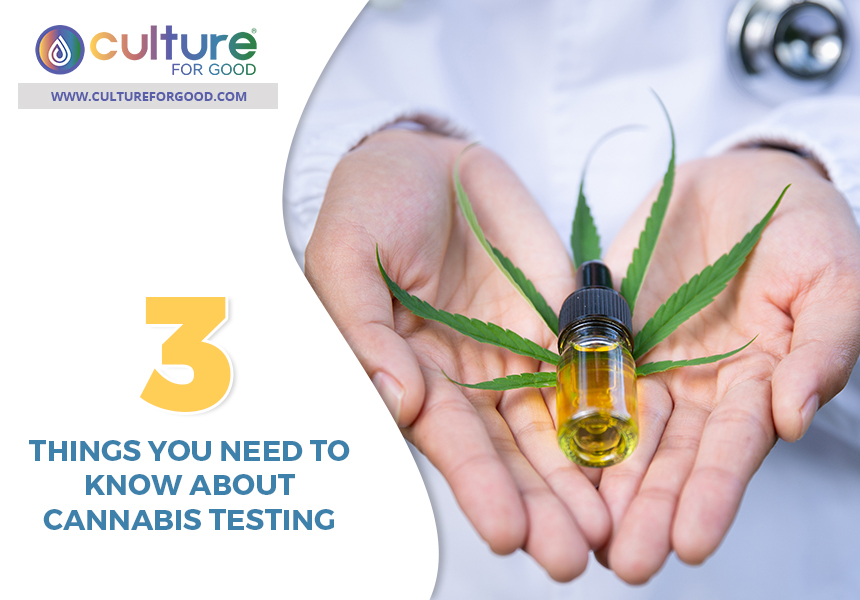
Due to this, it’s important you find a CBD company you can trust. One that not only follows the standards and protocols but whose number one goal is to help others learn and appreciate this alternative medicine.
Culture For Good strives to be this company. If you’ve been interested in CBD products, feel free to check out our products page.
Reference Sources
¹ Bureau of Cannabis Control California: Testing Laboratories
² APHL: Into the Weeds: Cannabis Testing and Public Health Labs
³ Springer: Comparative assessment for hyperaccumulatory and phytoremediation capability of three wild weeds
